Supply Chain Development
A water, sanitation, and hygiene market where small businesses thrive and rural consumers have quality, affordable products readily availableTo make products readily available and affordable, we helped to streamline a fragmented supply chain.
In rural communities across Asia, getting a toilet or portable sink was a difficult task. Few small businesses sold the necessary parts. No businesses sold them together as one package. Getting a toilet meant searching for expensive parts across miles, collecting them, and getting the necessary labour to build it. Frankly, no one wanted a toilet anyhow. So we helped build a market that would inspire consumers to invest in a toilet and make it readily available when they were ready to buy.
Featured story
A local business owner defies the odds by
hiring an all woman work force to construct toilets
Rather than training masons, supply chain development is:
-
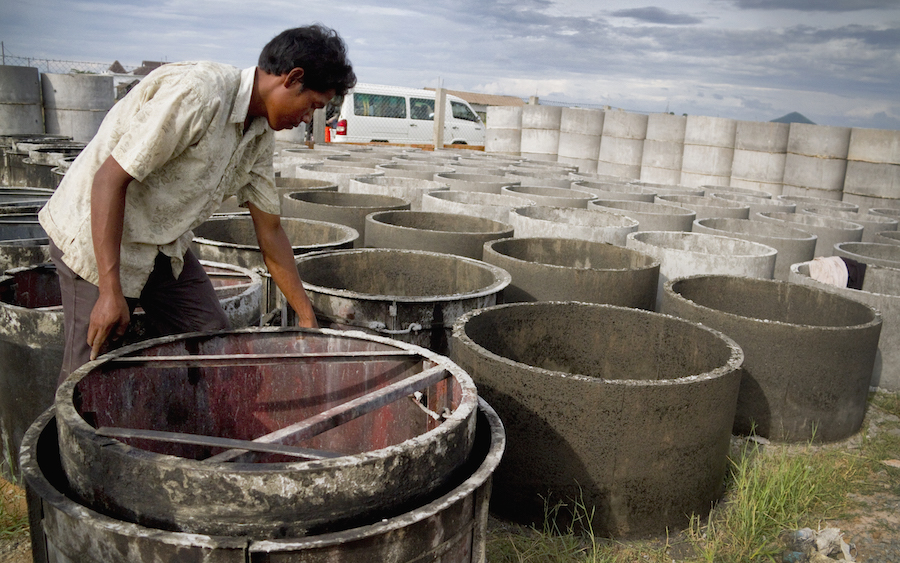
Working with what’s there
Interventions that use a market approach often underestimate the power and adaptability of local system actors – rushing to launch enterprises to test new models without taking stock of existing businesses and how to leverage them. Though it’s common to count the ‘number of new businesses created’ as a performance metric, we think the opportunity lies in harnessing and improving what already works. And by testing with existing businesses from the start, new concepts are ‘road-tested’ for sustainability and scalability.
-
Rethinking business incentives
No surprise – incentives matter to companies. But we’ve learned that understanding local business incentives isn’t as straightforward as doing a deep-dive into their P&L. Often, affordable WASH products and services do not generate the most attractive margins compared with other offerings.
What drives decision-making is much more complex. We help businesses see WASH products and services as an opportunity to fill downtime in the production cycle, as a way to build relationships with local authorities, and even as a means to enhance brand reputation and gain trust with consumers. Contextualizing incentives helps to develop a truly sustainable supply chain.
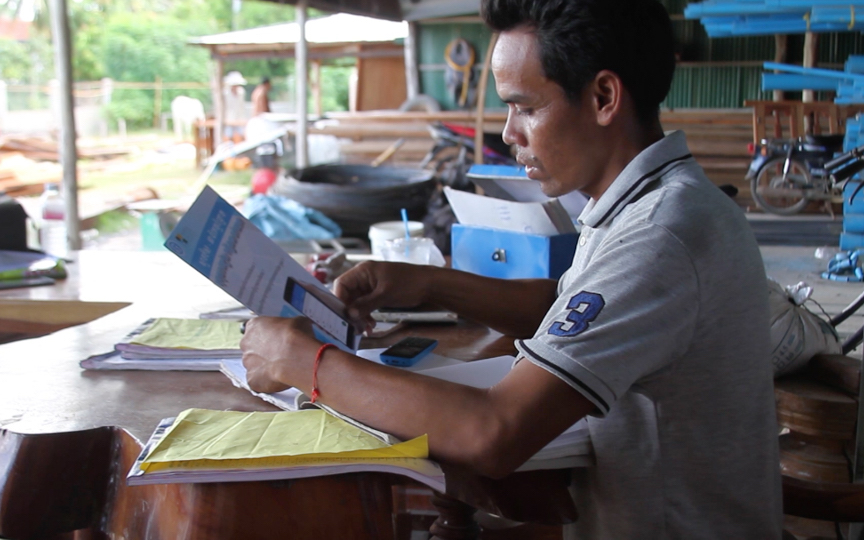
-
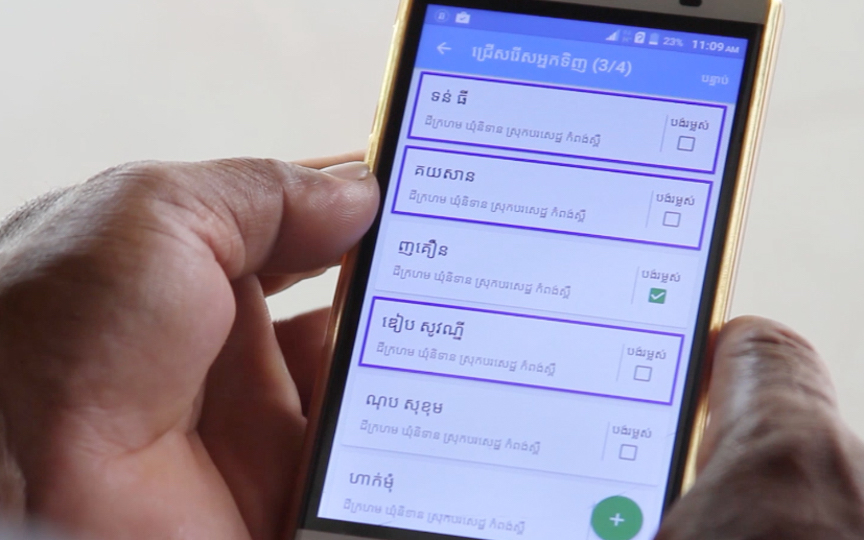
Developing smart tools
Our work with local businesses began with pen and paper. Without basic record-keeping, most actors in the WASH supply chains have difficulty doing business efficiently. By introducing tools to assist in planning, managing and making investment decisions, we enabled local businesses to track customer orders accurately, manage inventory efficiently, and deliver on time.
As smartphones and mobile payments become ubiquitous in rural areas, we are updating our business development support. WaterSHED’s Smart Business app makes managing inventory, sales and finances easy. In keeping with our overarching premise that it’s best to strengthen networks and systems rather than displace them – Smart Business is not an M&E tool for NGOs, but a tool to streamline business.
-
Not ignoring business finance
When we’re asked how market-based approaches can reach underserved consumers, people expect us to talk about affordable products and consumer financing. WaterSHED wants to expand the conversation to include business financing, recognizing that it can be just as important – if not more so – in making products and services accessible and affordable.
Loans to buy trucks to deliver toilets to the customer’s doorstep; or to bulk purchase materials at a lower price and make the final product much cheaper. In some cases, even consumer credit is best offered by the service provider. Rather than sending a would-be water filter customer to the bank to apply for a cash loan, it can be much faster to simply offer payment terms.
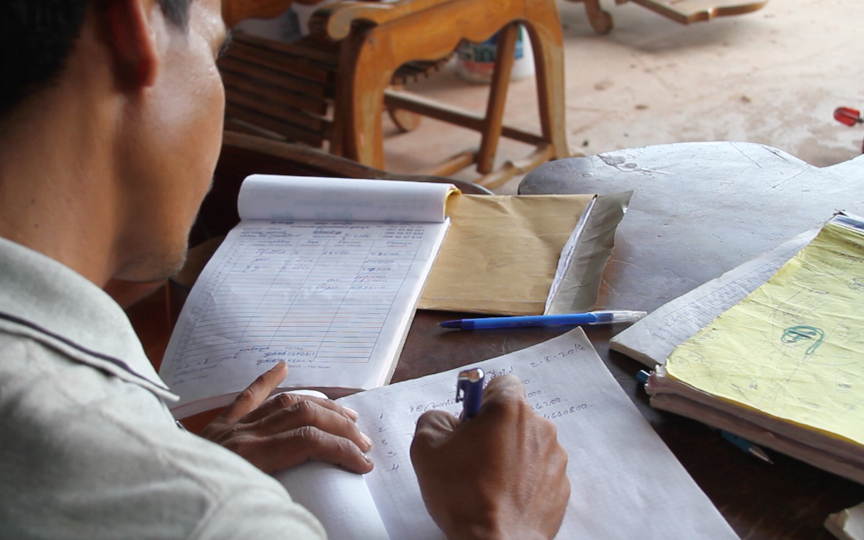
-
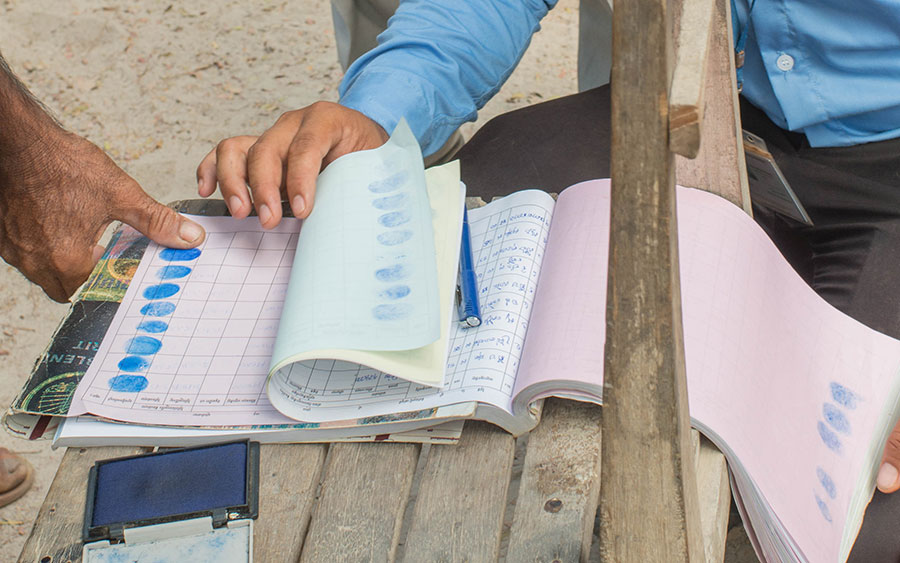
Incubating social business
It is rare for a business to take on the risk of developing and launching a new product, or worse – a new product category – and even worse, that is a health product category for BoP consumers in rural areas. What’s a portable sink anyhow? Not wanting to overlook opportunities with existing market actors, we looked hard among existing market actors for businesses willing to trail-blaze by investing, designing manufacturing, distributing, and selling new WASH products. Where gaps exist in the value chain, we build purpose-led teams and link them with social capital. The result is a growing portfolio of companies that cater to underserved consumers.
-
Inclusive of everyone
It’s easier to sell in more densely populated areas. That’s why businesses are often found near urban centres, big towns, main roads. It’s also easy to forget to make the toilet door wide enough for a wheelchair. We push to make essential products and services accessible to everyone, including poor households, families who live off the beaten path, and people living with disabilities.
We help businesses to be inclusive not just in who they serve, but in how they are run. For instance, few women lead construction businesses in rural Cambodia. We see a huge opportunity to better engage women in the WASH market across production, distribution, policy making, finance, and sales.

We have partnered with microfinance institutions and building financing solutions with our small business partners to get toilets in the hands of consumers faster.
